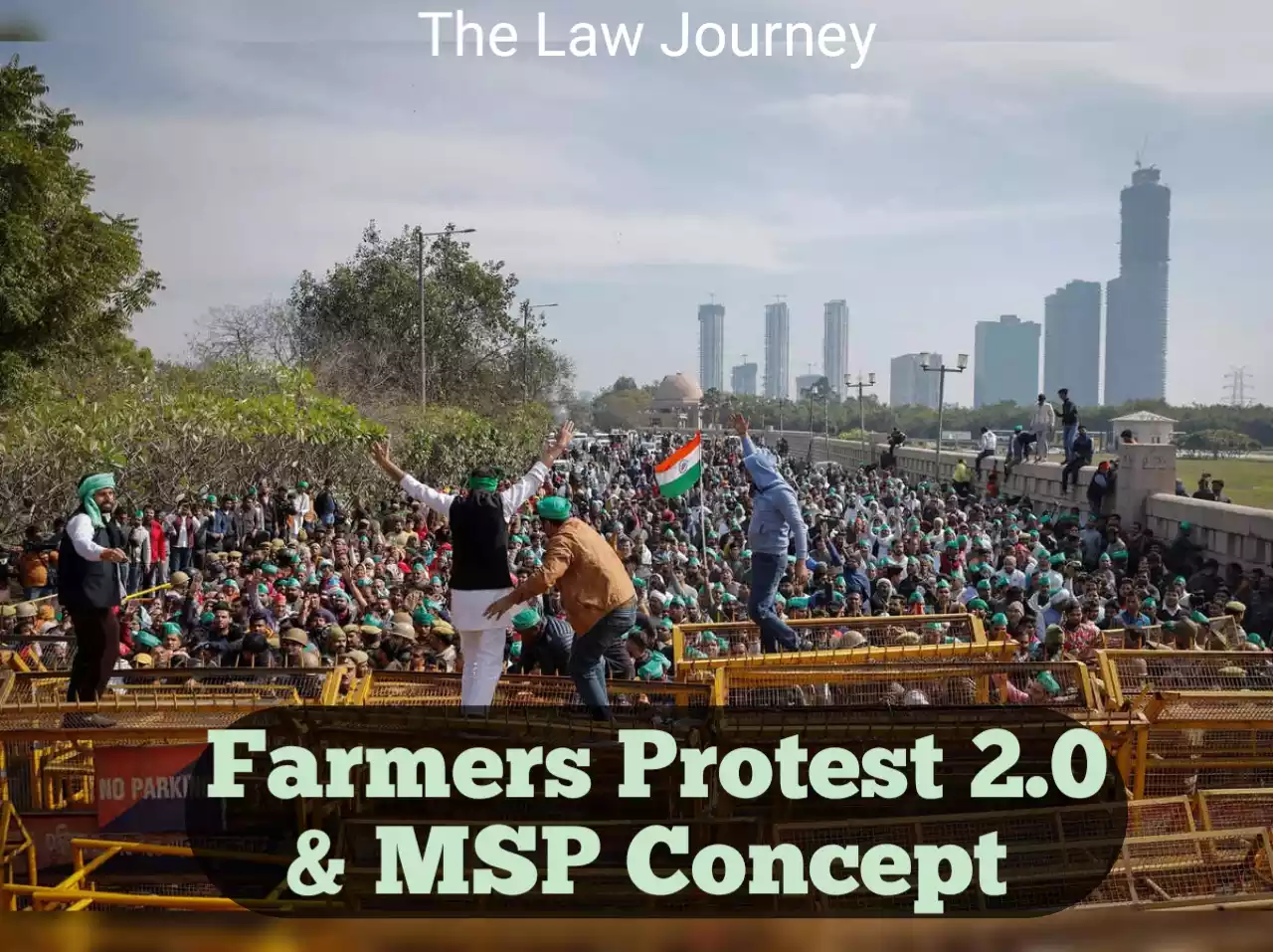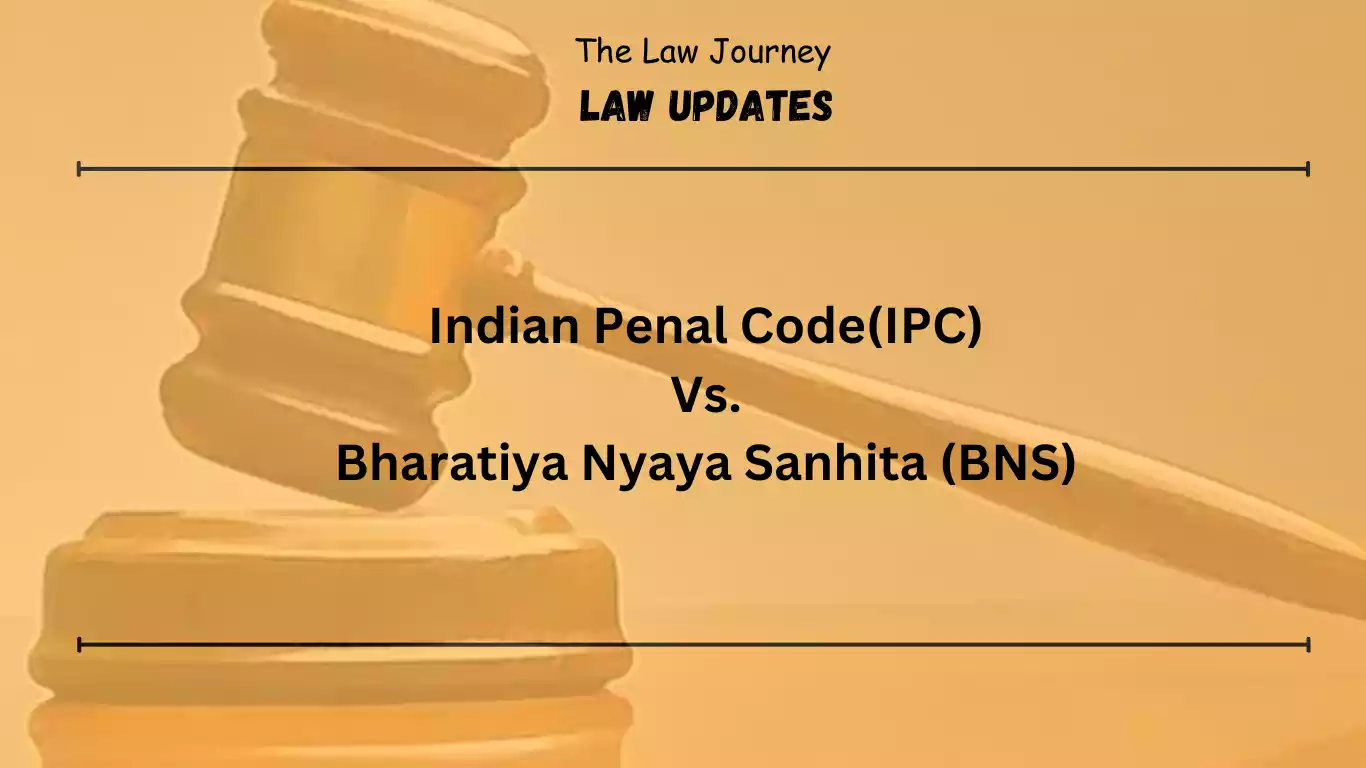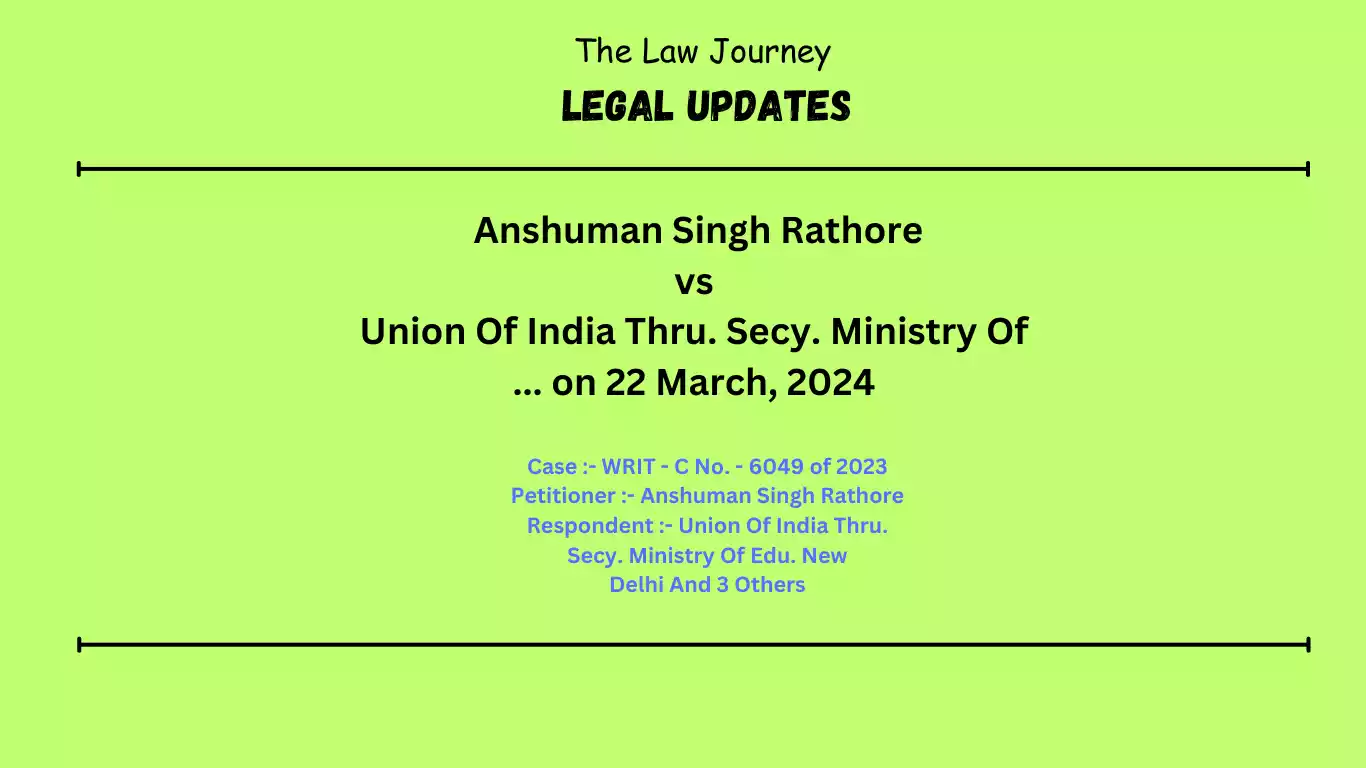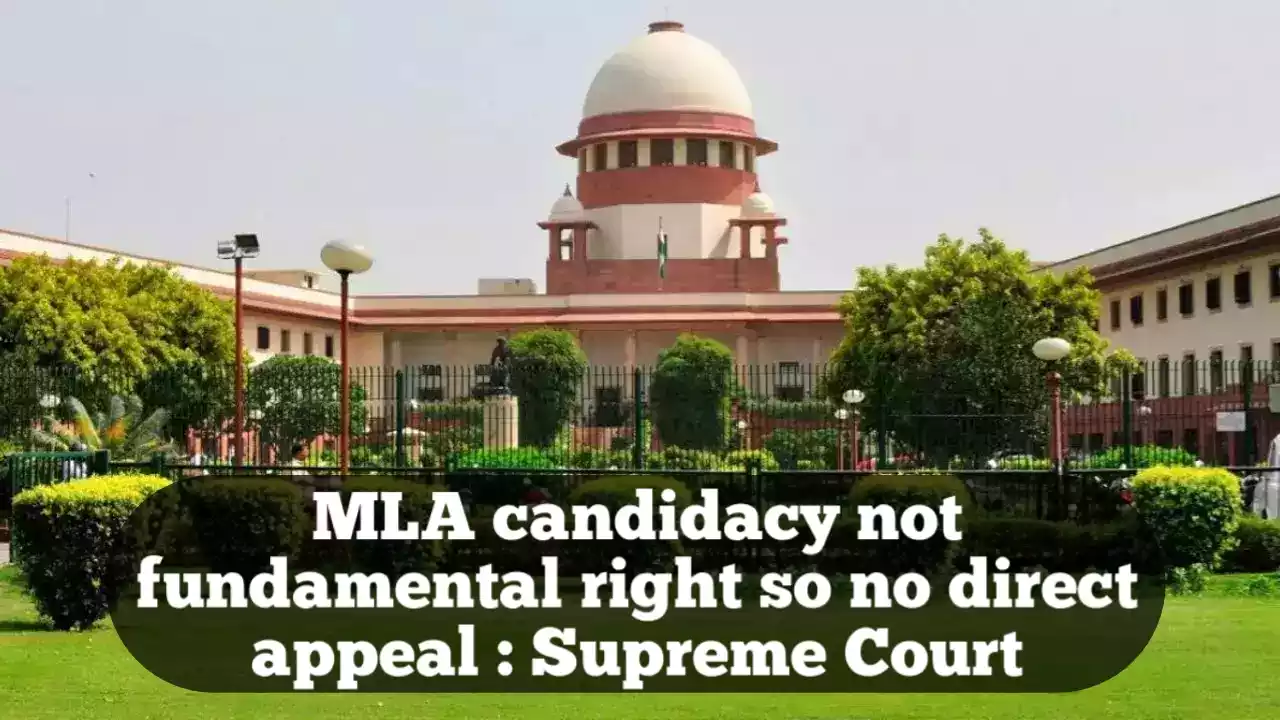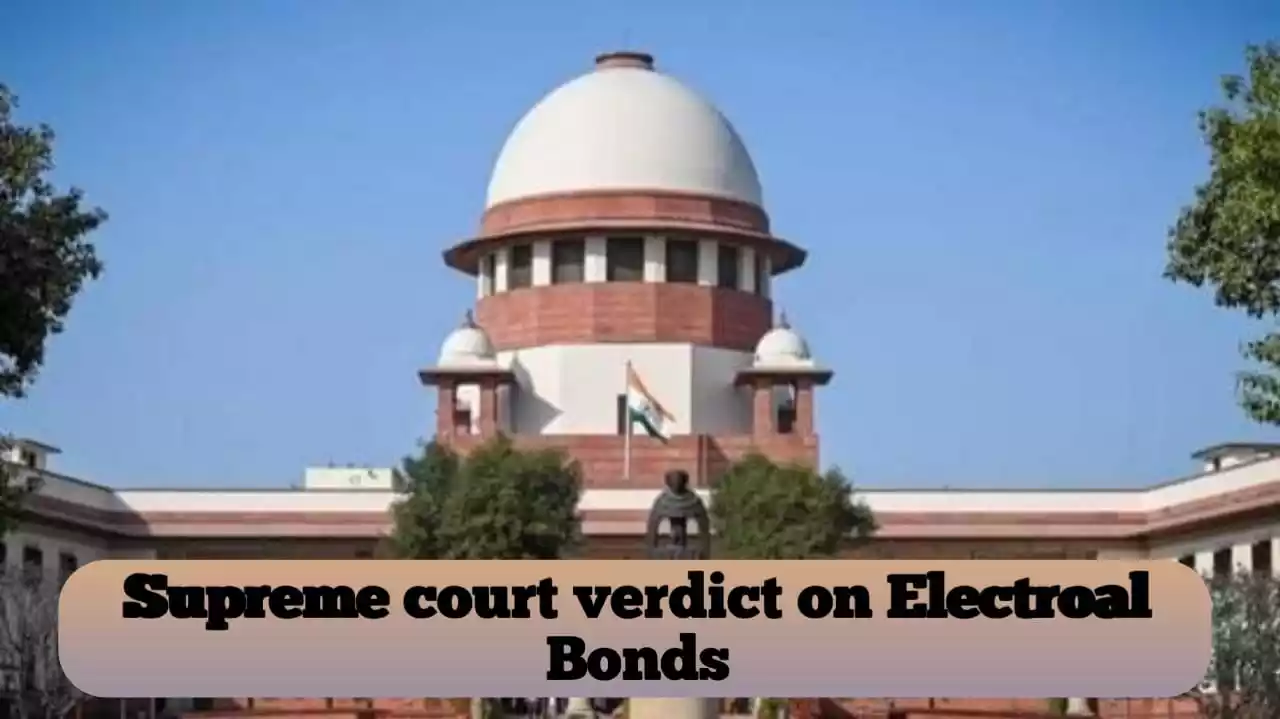Farmers Protest 2.0 – Farmers from Punjab, Uttar Pradesh, & Haryana, with over 200 unions, organised a march, ‘Delhi Chalo’, to voice their demands. This resulted in chaos when police fired tear gas & water cannons to stop them from entering Delhi.
“Major Demands of Farmers”
• Legal guarantee for MSP for all crops
• Farm loan waivers
• Implementation of the Swaminathan Commission recommendations Pensions for farmers & farm labourers
• Withdrawal of cases against farmers during the 2020 protest
“Swaminathan Commission Recommendations”
• Increasing the MSP for crops by at least 50% more than the cost of production.
• Setting up a mechanism to regulate the sale of agricultural land.
• Reduction in the crop loan rate to 4%, with govt support to improve farmers’ credit availability.
• Increasing investments in agriculture-related infrastructure to enhance productivity.
“MSP: What is it ?”
One of the main demands of the farmers’ unions, the Minimum Support Price is a type of market intervention by the government to protect farmers against any significant decline in farm prices. It was one of the major agricultural reforms implemented in post-independence India.
At the start of the planting season for some crops, the government announces the minimum support prices based on the recommendations made by the Commission for Agricultural Costs and Prices (CACP).
“MSP From a Historical Angle”
• It is commonly known that the leaders of both the previous and current protests are members of the large farmer class that emerged in northwest India during the Green Revolution. This class was created because of government assistance provided through subsidies, MSPs, free electricity, water, and credit, among other initiatives.
• This class of farmers also developed interests in trade and business, as well as moneylending. This class perceived a threat from the entry of the agri-business enterprises with the passing of the New Farm Laws, which have subsequently been withdrawn.
• 86% of farmers in the nation are small and marginal growers that purchase food grains on a net basis. By forcing the State to buy at MSP to maintain artificially high prices, these farmers suffer from inflation.
“What the Institution of MSP has led to:”
- have exacerbated Punjab’s uneven cropping patterns,
destroyed biodiversity, and created ecological and environmental issues by lowering water levels,
which has resulted in soil degradation. - The whole of northern India is covered with smog.
- Price guarantee for rice when buying from MSP caused the Punjab’s desert (dry) region to begin growing rice.
- “Country’s Refusal to Accept The True Nature of Agriculture :”
Sadly, since our independence, various governments have consistently failed to see farming as an individual business, and farmers as individual producers. It’s not the government’s role to guarantee set prices or earnings or favor certain producer groups.
Sadly, our nation has stuck with flawed farming policies for far too long, creating an entirely skewed market where just a few middlemen thrive. Legislating MSP as a legal right and criminalising commercial deals, some believe, would be a step backwards.
There’s no fault in an ordinary farmer seeking a better price for his products. Still, legal backing to MSP, controlling the cost of farm goods, could spell disaster for the farming sector, some suggest.
“A Fundamental Role of Economics”
A core principle in the field of economics states that whenever a minimum price level is established, a surplus production situation is inevitable. This concept is exactly what the Minimum Support Price (MSP) aims to address. Each year, the surplus wheat and rice output is acquired at the MSP rate.
The certainty of pricing provided by these guaranteed prices significantly influences farmers’ decisions on what crops to grow. Nonetheless, due to budgetary and logistical limitations, only a small portion of the total yield, benefiting a mere 6% of farmers, particularly in Punjab and Haryana, is reported to be purchased effectively.
“What Happens if the Government Purchases All Crops?”
- If the Government chooses to purchase all the crops requested by the protesters.
- There will be difficulties regarding their storage, and;
- If MSP is made mandatory, there will be difficulties regarding the quality of the crop, as the government will have to decide:
- Which quality will be procured at MSP, and;
- What will be the rate for the poor quality, and who will buy it.
- Even with the current restricted buying, FCI still has an enormous excess of coarse grains. With funding from the Rockefeller Foundation, Intelle-cap, a consultancy, conducted a study which revealed that:
Crop post-harvest losses are projected to be around Rs 92,600 crore per year, with post-harvest losses in cereals like wheat and rice ranging from 3.9% to 6%.
The study claims that the losses are caused by rotting, leaks, and rodents consuming everything because of improper storage. Additionally, the accumulation of extra inventory has increased the cost of financing, storage, and other logistics.
As a result, the FCI (the food corporation of India) is forced to regularly sell the excess grains on the open market, frequently for a price that is far less than the procurement cost, causing massive losses to FCI.
Related Post
- moot memorial proposition maker
- Concept of Social Groups in Sociology
- Political Notes
- moot court memorial making service
- legal project maker
- RTI notes
- Law of Torts notes
- Legal History Notes
- law project maker
- moot court memorial maker













